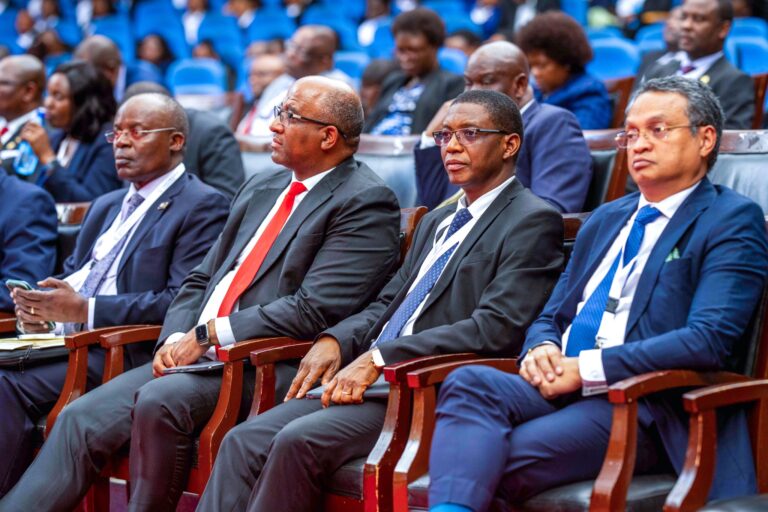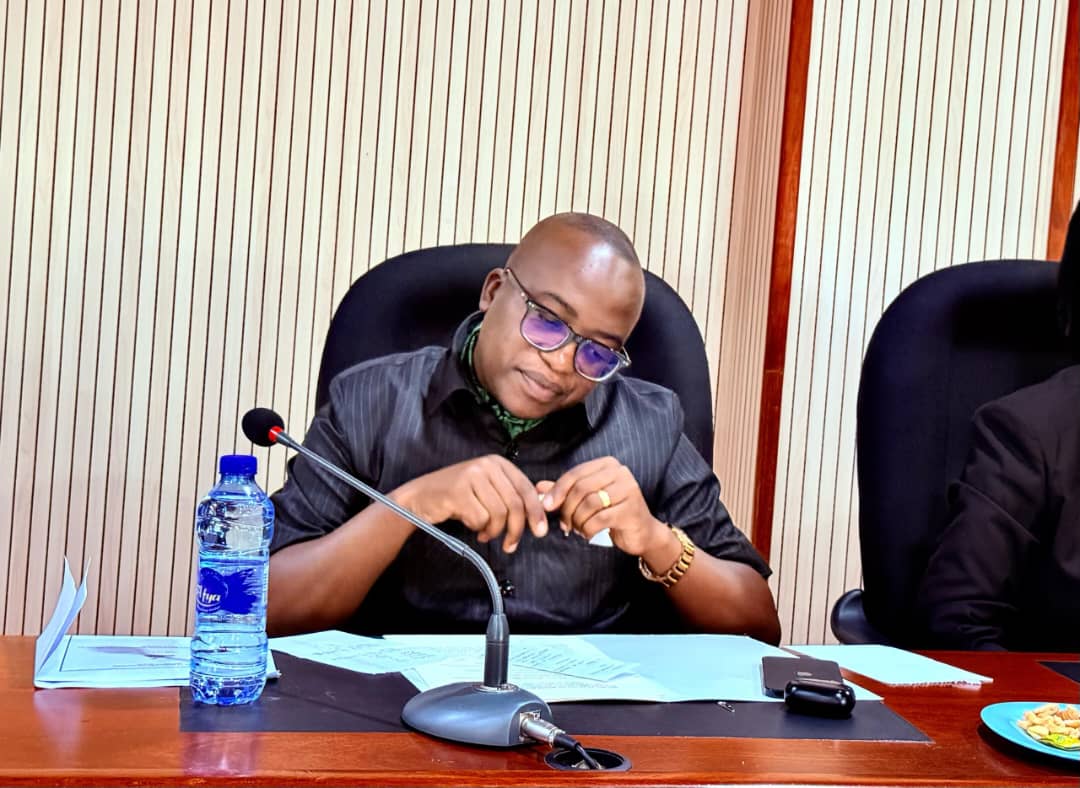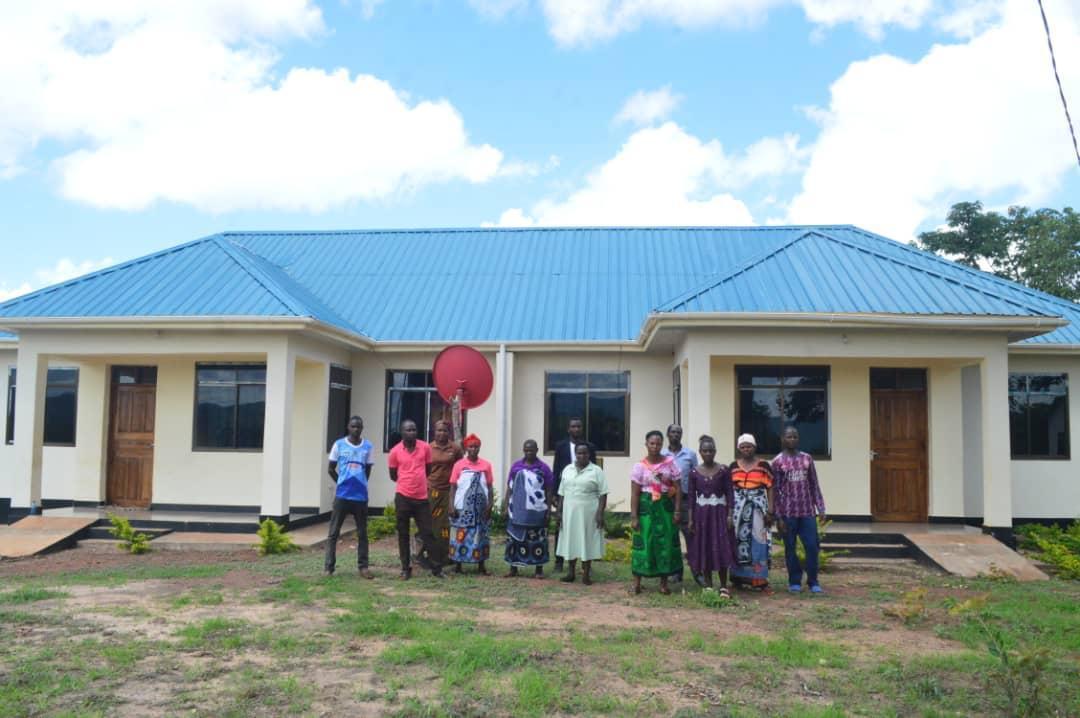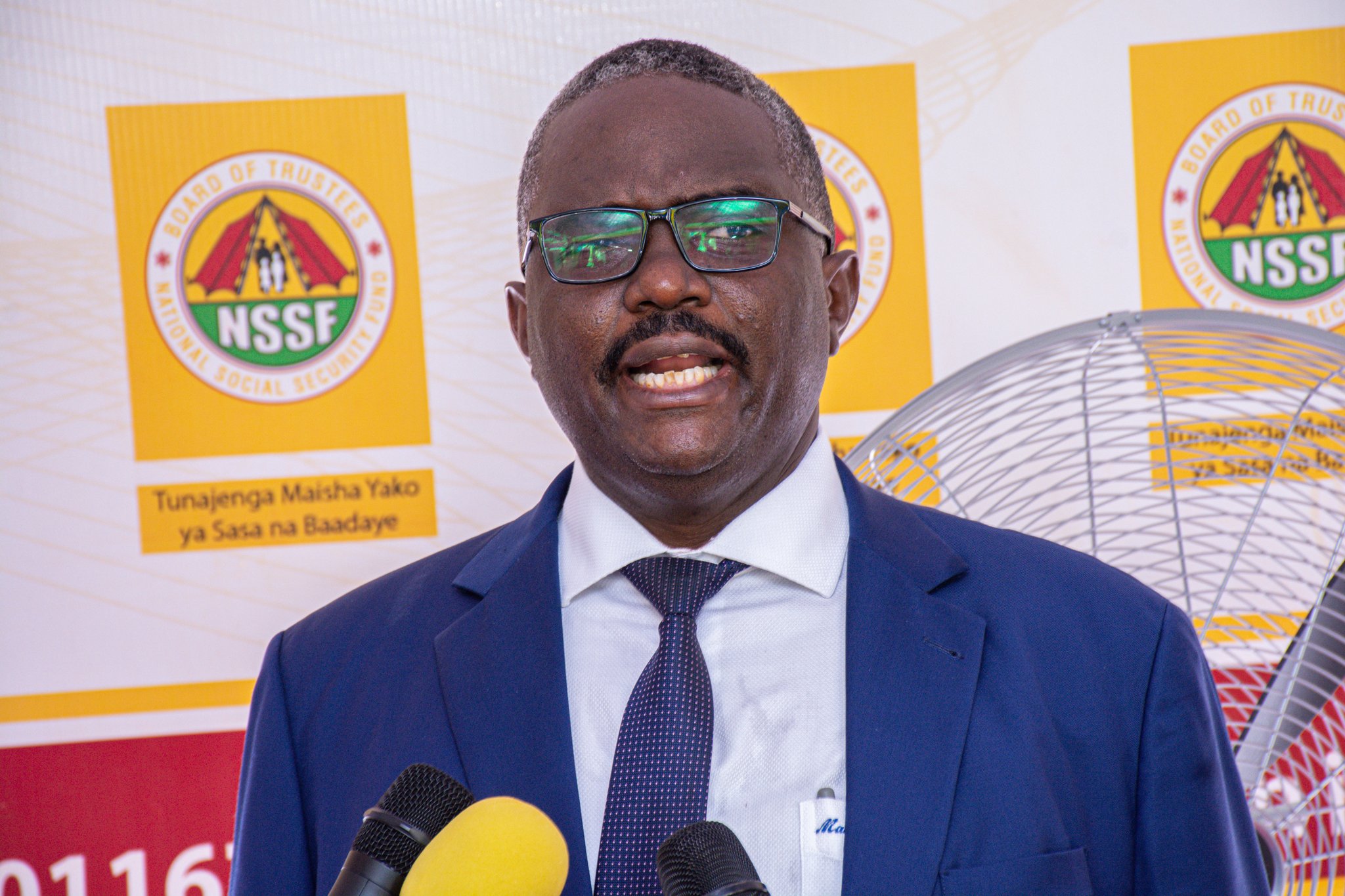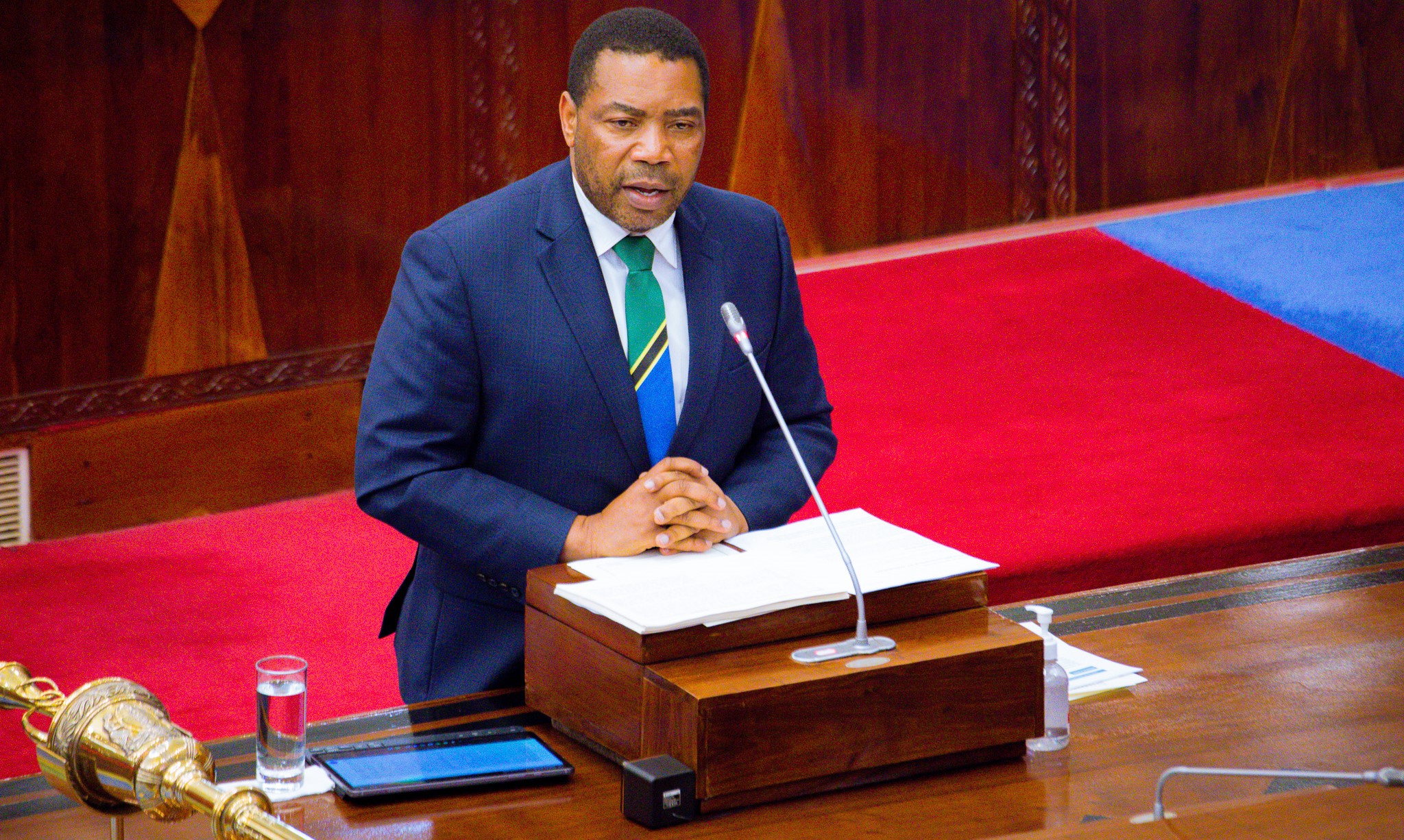Dar es Salaam. At a time when many low-income countries are grappling with mounting economic pressures, the role of central banks is once again under scrutiny.
Are they merely guardians of monetary policy and price stability, or should they evolve into more active agents of economic transformation?
This pressing question reverberated across the corridors of the Bingu International Convention Centre in Lilongwe, Malawi, on July 18, 2025, during a high-level symposium marking the 60th anniversary of the Reserve Bank of Malawi.
The symposium was themed Back to Basics: Is There a Role for Central Bank Intervention in the Supply Chain in Low-Income Countries?
Leading the conversation was the Governor of the Bank of Tanzania (BoT), Mr Emmanuel Tutuba, who called on African central banks to broaden their mandates to respond more decisively to the structural challenges facing their economies.
Tutuba’s message was both timely and bold.
In a continent where inflationary shocks are increasingly supply-side in nature, driven by climate variability, global commodity price fluctuations, and infrastructure gaps, his assertion was simple yet profound: traditional monetary policy instruments alone are not sufficient.
For countries whose economies remain heavily agrarian, like Malawi and many of its regional peers, the challenge lies not just in stabilising prices but in creating the conditions for long-term productivity and resilience.
“The structure of our economies demands that we rethink how central banks operate. When shocks to food supply, energy, or inputs drive inflation the monetary authority cannot afford to be a bystander,” said Mr Tutuba.
No longer by-stand
Rather than remain as passive regulators and macroeconomic referees, Tutuba suggested that central banks should reimagine themselves as developmental partners.
He questioned whether central banks, while still preserving their commitment to price stability, could begin to engage more directly in efforts to boost domestic production and strengthen supply chains.
This, he argued, could mean rethinking policy boundaries and embracing new responsibilities in pursuit of broader economic transformation.
He noted that many countries on the continent, including Malawi and Tanzania, have modernised their monetary policy frameworks to focus on interest rate-based systems.
Yet, the capacity to implement these reforms remains limited by weak infrastructure and volatile supply chains—areas traditionally considered beyond the reach of central banking.
“We must ask ourselves whether central banks can play a more supportive role in catalysing domestic production, not through fiscal measures, but through strategic alignment with government development plans,” he said.
“This does not mean abandoning our core mandate. It means using it more wisely.”
What made this intervention particularly compelling was its resonance with recent developments in Tanzania itself.
Key changes to BoT’s board of directors
Just weeks earlier, 12 June 12, 2025, the country’s minister of Finance, Dr Mwigulu Nchemba, tabled the 2025/26 budget in Parliament with a notable announcement: the reconstitution of the BoT’s Board of Directors.
This move, he said, was aimed at strengthening institutional oversight and aligning the central bank’s governance with the evolving demands of the economy.
These changes were swiftly codified into law through The Finance Act, 2025, published on June 30, which has made amendments to the Bank of Tanzania Act, as it is the custom of proposals made in the budget speech.
The BoT Board has been granted expansive powers to establish standing and ad-hoc committees “as it deems necessary” for the effective discharge of its duties.
These committees, tasked with providing strategic direction on issues ranging from financial regulation to policy innovation, are required to report formally to the Board and maintain detailed records of deliberations and decisions.
Their members, now subject to clearly defined tenure and qualification standards, will serve four-year terms, renewable once extended from the previous tenure of three years.
These reforms go beyond administrative fine-tuning.
They mark a fundamental restructuring of the BoT’s internal machinery, designed to enhance its independence, agility, and policy depth.
He went on to challenge the belief that economic development and monetary stability are mutually exclusive goals.
“We need to broaden the understanding of our role. Monetary stability is not stability for its own sake. It must be a means to economic transformation. Otherwise, we are stabilising stagnation,” he noted.
The symposium attracted participation from central bank governors across the Southern African Development Community (SADC) region, senior government officials, economic researchers, policy analysts, and representatives of regional and international institutions.
Discussions centred on the future of monetary policy in low-income economies, with a focus on innovation, resilience, and regional cooperation.

